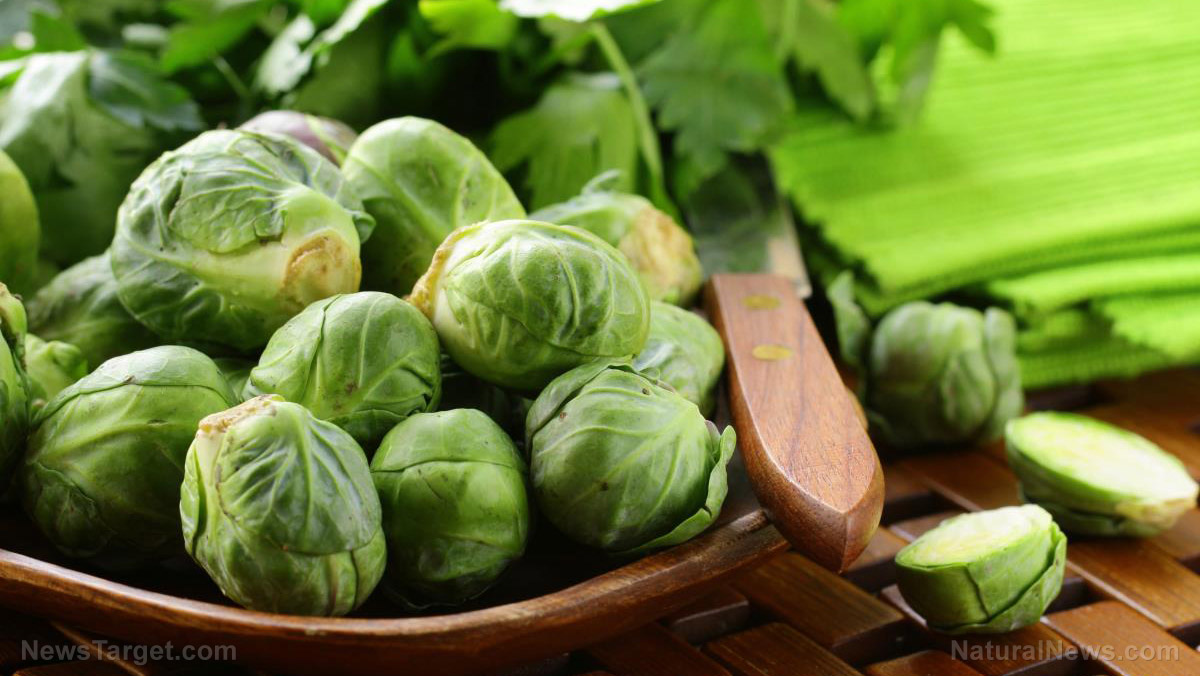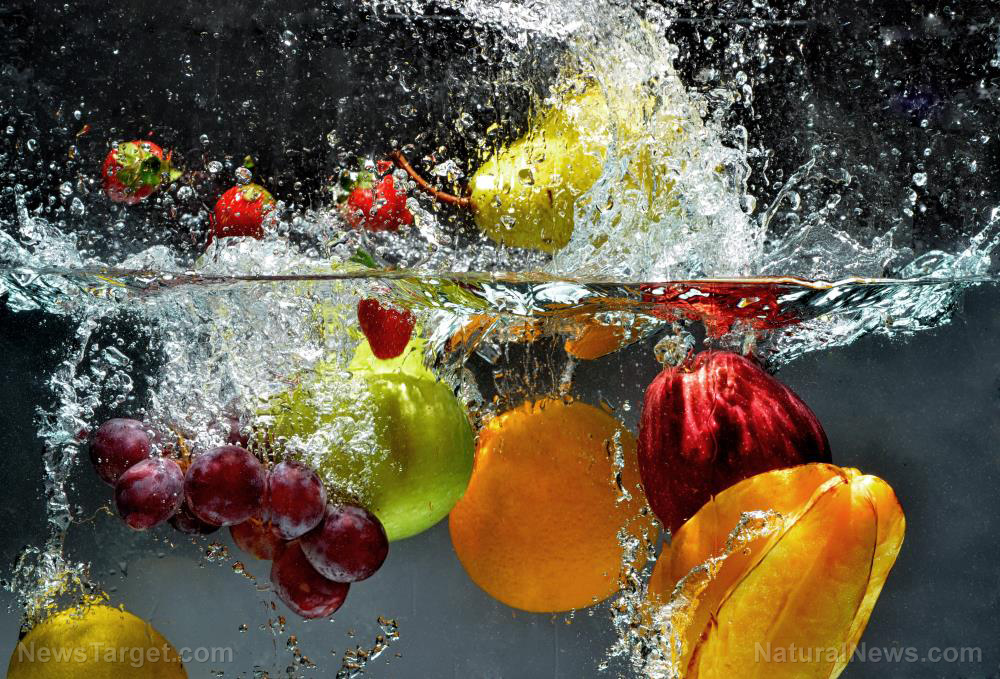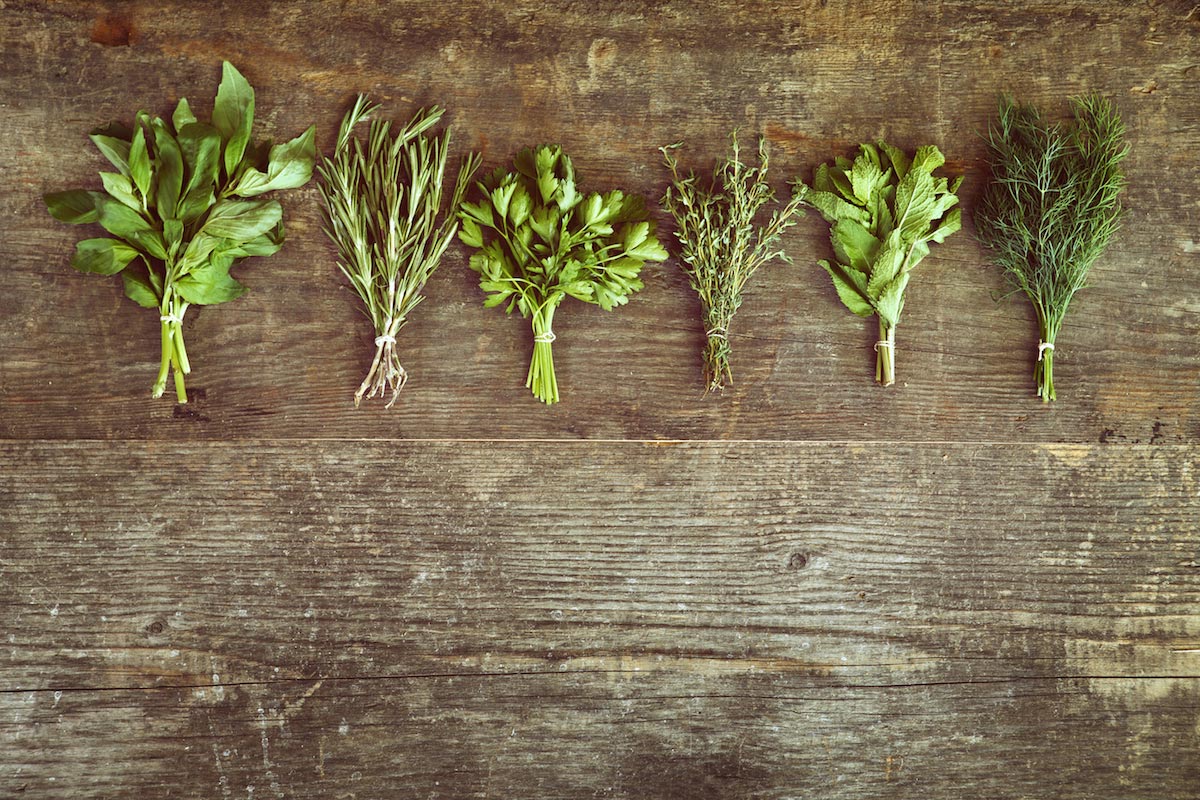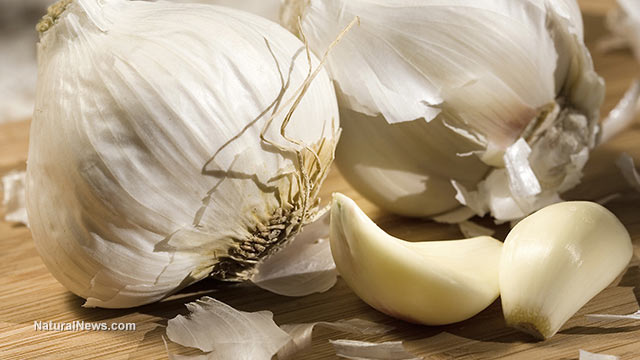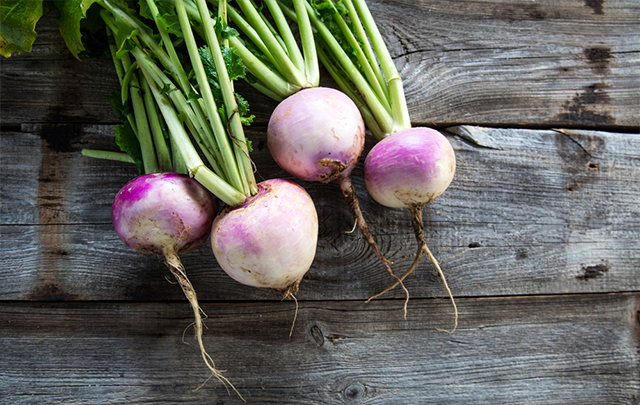5 Herbs you can turn into your own iced tea
08/06/2020 / By Virgilio Marin
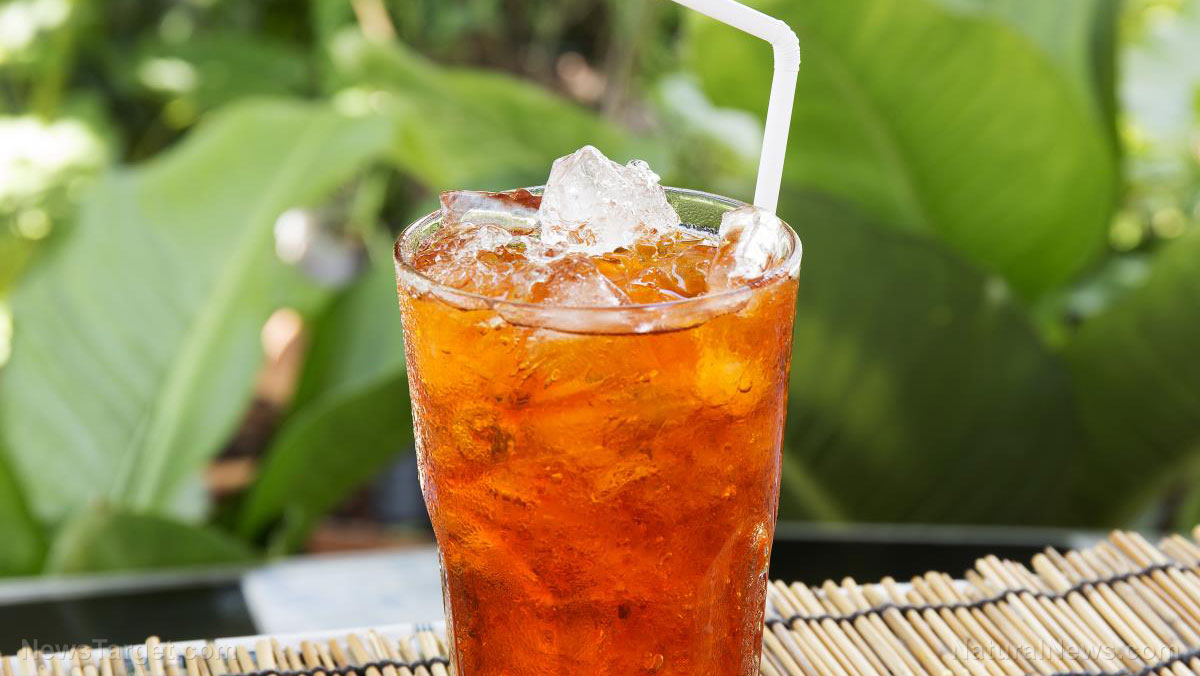
Iced tea is one of the most refreshing drinks to have around in summer. It’s very popular in the United States, especially in the South where it is served not just as a summertime drink but during the rest of the year as well.
There are two main types, distinguished by adding sugar: iced tea and sweet tea. The South especially has an affinity for sweet tea and drink it in gallons. Outside the southern states, iced tea is often served unsweetened.
Iced tea is commercially available nowadays in powder and teabag form. But it’s still better to go with teabags as they are more enriched with the nutrients of tea leaves — that is, the Camellia sinensis plant. You can even plant it in your own backyard if you live in an area with a milder winter, although it requires extra care given its delicacy.
Five substitute herbs for tea leaves
Fortunately, there are fine substitutes for the traditional tea leaves which can be grown by green thumbs everywhere:
1. Mint
Mint is a perennial plant that can be grown in hardier conditions. That said, it may sometimes grow like a weed so it’s important to grow it in a pot or planter.
It has a lot of varieties such as spearmint and peppermint. Spearmint has a sharp flavor and is very cleansing to the mouth while peppermint is less minty and leafier in taste. But there are varieties that are worth experimenting as well, such as grapefruit mint and chocolate mint.
Mint is very beneficial for health, promoting good digestion and making you feel less sluggish on a hot summer day.
2. Lemon verbena
If you like your iced tea on the sweet side, lemon verbena has a sweet, lemony flavor and no bitter aftertaste. It is also known as lemon beebrush and can be grown in mild-winter regions. A grown plant shoots upright and can be as tall as a human being. But for winter keeping, you can plant in a container and prevent it from growing too high.
It’s also very good for digestion and for fighting stress and fatigue.
3. Lemon balm
Like lemon verbena, lemon balm is a lemon-scented herb but is less sweet and more bitter. That’s because it combines the flavor of green tea and lemon. Adding sugar to the tea can help if you like sweeter iced tea, but you can drink it on its own if you like it stronger and more concentrated in flavor.
Growing lemon balm is easy like its close relative, mint. On the flip side, it also can also spread uncontrollably throughout your garden so planting it in a pot is also recommended.
With lemon balm iced tea, you can enjoy good digestion, improved moods and the benefits of antioxidants.
4. Anise hyssop
Anise hyssop is a perennial plant that can withstand tough weather conditions. It usually grows knee-high and bears beautiful foliage and large clusters of purple flowers, attracting bees and other insects. But more than the eye-candy view it offers, anise hyssop can be made into iced tea by mixing it with mint and lemony herbs. Its licorice flavor can especially enrich your iced tea.
5. Ginger
Ginger is a plant that is packed with powerful nutrients that boost your immune system and soothe muscle aches. So a cup of ginger iced tea is not only refreshing but also beneficial for the body. You can also combine ginger leaves with lemon herbs to enhance the flavor of your iced tea.
However, growing ginger year-round can be challenging especially if you live in places with colder climates. On the other hand, those who live in Texas or Florida will find it easier to keep a ginger plant all throughout the year. (Related: How to grow ginger at home.)
With summer upon the States, iced tea is an excellent drink to keep you replenished and energized. Keep your choices aplenty and your body strong by planting these five herbs in your own backyard.
Sources include:
Tagged Under: anise hyssop, anxiety relief, clean food, digestion, functional food, ginger, good for digestion, Herbs, iced tea, Lemon Balm, Mint, pain relief, stress relief, tea
RECENT NEWS & ARTICLES
Natural.News is a fact-based public education website published by Natural News Features, LLC.
All content copyright © 2018 by Natural News Features, LLC.
Contact Us with Tips or Corrections
All trademarks, registered trademarks and servicemarks mentioned on this site are the property of their respective owners.

